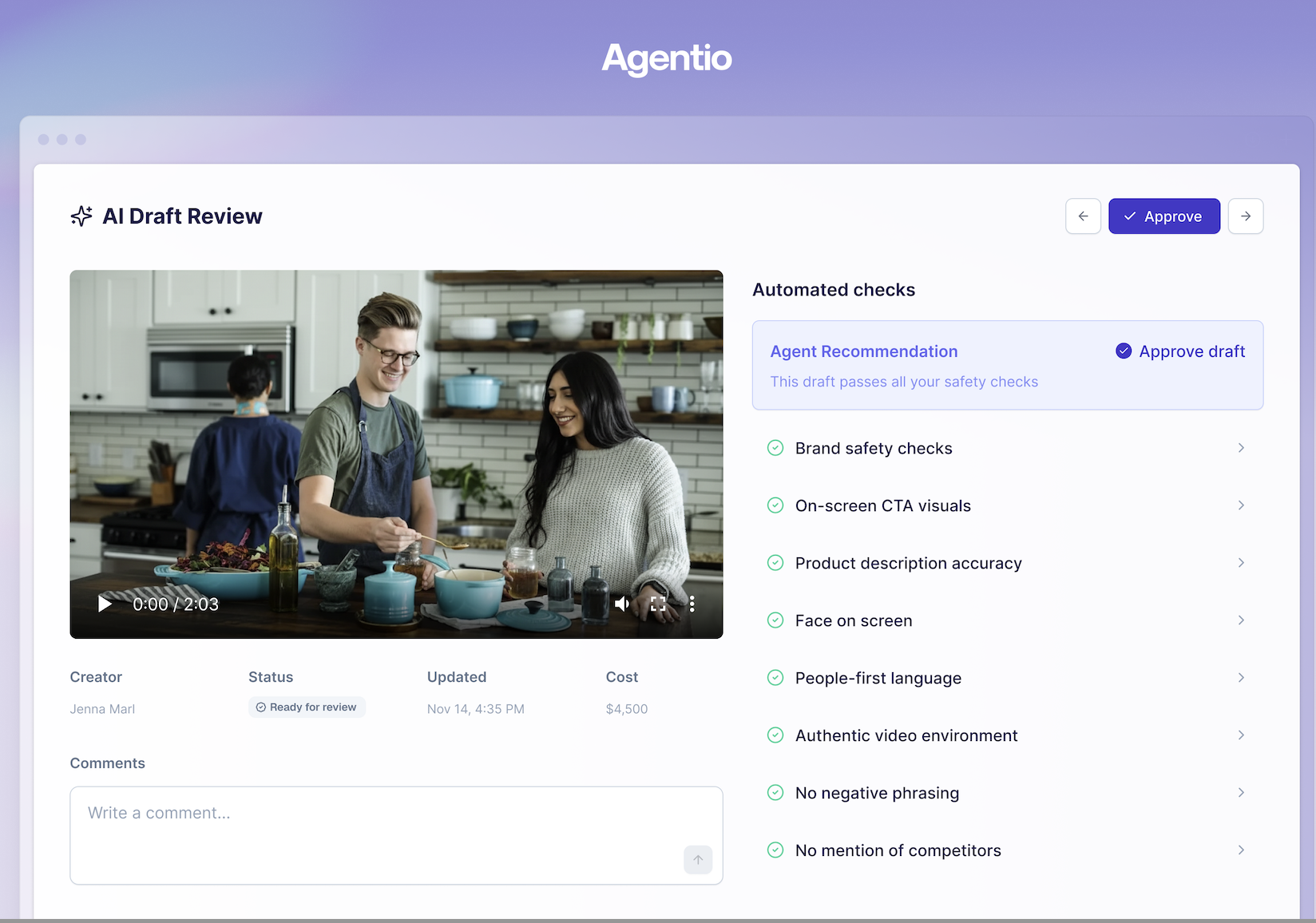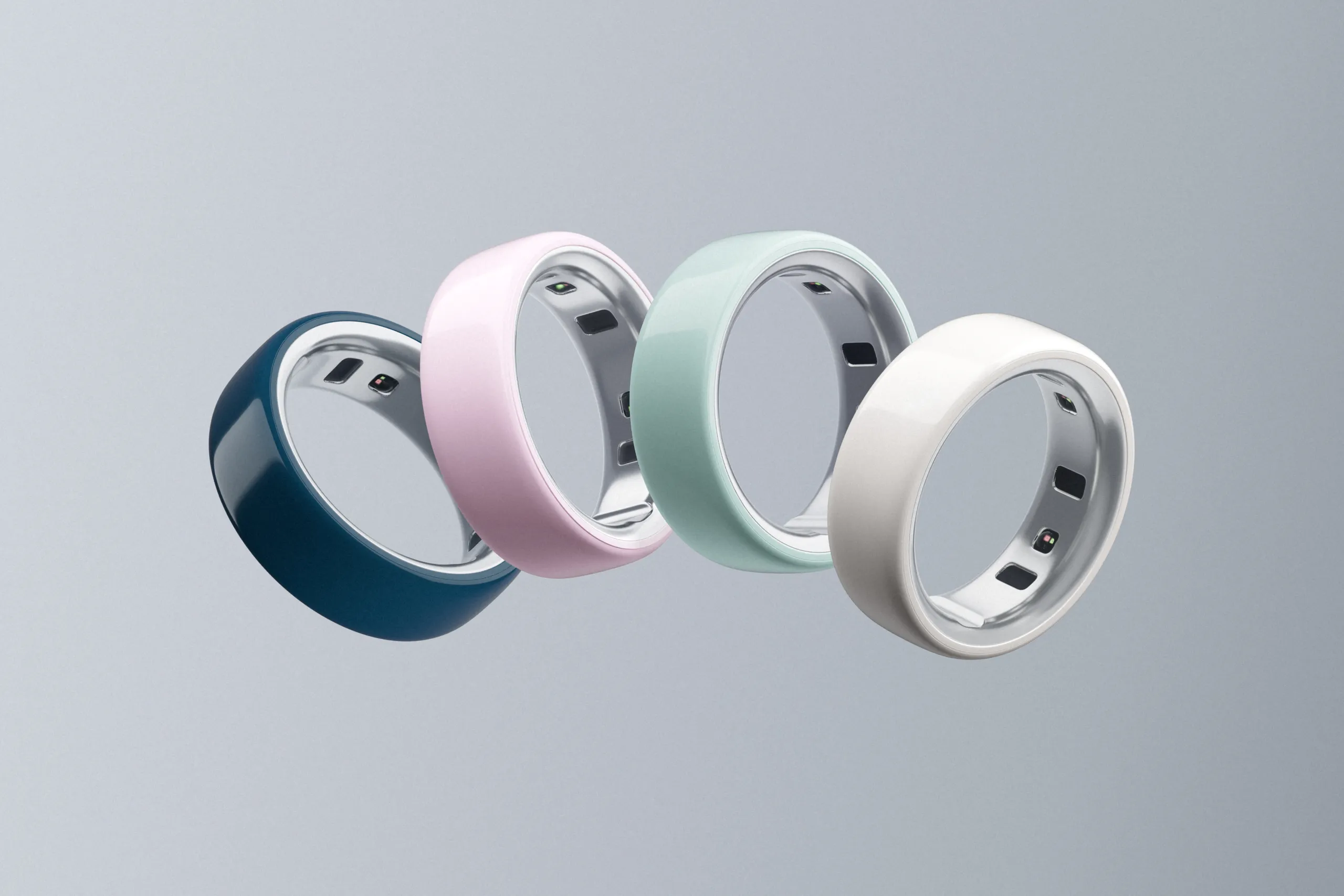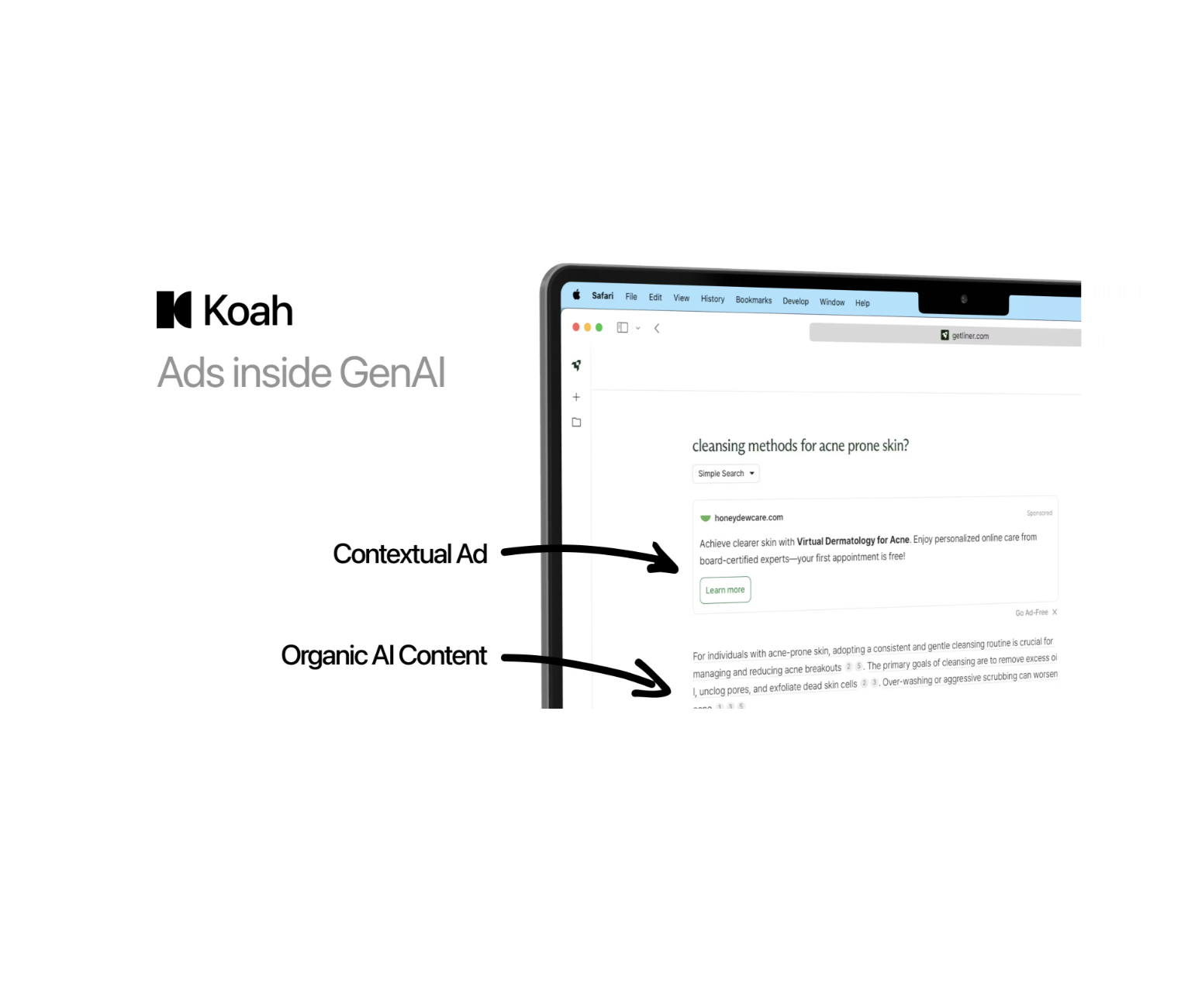Max Rhodes, Co-Founder and CEO of Faire, had a tough time adjusting when he jumped from public school in Oklahoma to Yale University in 2005. After years of checking every box on the path to textbook achievement, he quickly learned that the flawless academic record required to apply to top-tier law schools didn’t leave much room for real-world experiences or entrepreneurship.
But he was a natural problem-solver with a personality that wasn’t tailored to just fill a role. In stepping outside of the well-worn path of Ivy League achievers before him, he was able to uncover a passion for business-building. Being an entrepreneur involved a different set of skills, which he innately owned.
Rhodes launched two businesses during college. The first involved tutoring public school students to prepare them for competitive universities–inspired by his own experiences moving from high school to college. Rhodes loved that work, though it was a hard business to scale.
His second foray into entrepreneurship was through College Pro Painters, a student painting business that he operated in southern Connecticut during the summertimes. He became the best rookie franchisee in the country, and enamored with being an entrepreneur–which was the best mix of working with a variety of people, being your own boss, and finding new ways to solve problems. For instance, he identified Census Bureau statistics detailing household incomes by zip code, targeting his painting services toward the higher-income neighborhoods where he could earn higher rates.
In scaling his painting business, he solidified his passion for being an operator. “In entrepreneurship, it felt like I had found my calling,” he says. “I realized what I wanted to do outside of just achieving. I actually consider myself lucky that I didn’t achieve as much in my first two years of college, because it forced me to find my own path.”
Uncovering the Idea for Faire
Rhodes dreamt of launching a startup by the age of 20, but would spend the next decade on the path to the right idea. He eventually took a job at Bain & Company after graduating from Yale. During his tenure there, he introduced a product called the Blunt Umbrella to the U.S. market. He started attending trade shows after work–chaotic, with rows and rows of booths and exhibits–where he witnessed the inner workings of the wholesale industry firsthand.
He continued working to bring the Blunt Umbrella to market when he joined Square as a product manager in 2011, attending these trade shows while also building technology for SMBs that could dramatically improve their operations. “I had been toying around with the idea for Faire for about five years, thinking, ‘There has got to be a better way to do this.’”
First Rhodes had to consider: Why do trade shows even exist? After all, the practice felt decidedly dated. Amazon and e-commerce had changed the way we buy, but small businesses were still procuring inventory by mining hundreds of booths for thousands of potential products.
After leaving Square, Rhodes and his co-founders–fellow Square alums Marcelo Cortes, Daniele Perito, and Jeff Kolovson–set up two weeks of interviews with retailers. It became abundantly clear that, in the minds of small business owners, trade shows were the best solution they had for gaining confidence in new products before purchasing. “Moving online removes one of the core value props of the trade show–being able to touch and feel the products,” Rhodes says.
In a digital universe, the four co-founders came up with the solution: Shop owners could buy wholesale online via Faire’s marketplace, and Faire would offer free returns and a “buy now, pay later” option that was essentially try-before-you-buy. That meant Faire would adopt the risk.
One of the best things that Rhodes learned at Square was that in pooling risk across a large body of data–many vendors, as opposed to just one–you could figure out how to better underwrite the risk. “We had confidence that we would lose money upfront, but we would eventually learn how to recommend products and offer credit to retailers in a way that would become financially sustainable,” Rhodes says.
SMBs: Alive and Thriving
Faire wasn’t necessarily an easy sell to early investors, some of whom were concerned about the dreaded “Retail Apocalypse” that was buzzing at the time. In Rhodes’ research, however, he discovered that local businesses were thriving despite the ominous talk of retail’s demise. The “shop local” movement was well underway, empowering consumers to support their local businesses and ultimately help their broader communities flourish. “A lot of shopping is getting something as quickly and cheaply as you can,” Rhodes says. “But the other half of it is much more experiential and emotional and driven by a desire to do good.”
Not only is shopping local a sensory, curated experience–where it smells good, feels unique, and evokes great care–but you are also often purchasing directly from the person who owns the business, says Rhodes. “They’re artists, crafting this experience for you. You are supporting this entrepreneur who has taken this risk on themselves and is working their tail off,” he says. “They are a member of the community, their kids go to the same school as your kids, and that feels important. Plus, the pandemic really accelerated this movement toward local.”
Faire powers an entire ecosystem of do-gooding, using a data-driven approach to help retailers find the right products for their shops, while eliminating the inventory risk and offering access to capital that was previously only available to major retail players. Faire lends SMBs a robust sales, marketing and analytics platform to simplify their business operations and better serve their customers with great products.
And Rhodes was right: There was never a Retail Apocalypse among local businesses, all of whom have contributed to Faire’s rocketing success. In just five years, the company now hosts more than 60,000 brands within its marketplace, in addition to serving over 400,000 small retailers across North America and Europe. Late last year, the company reported record growth across Europe, raised its Series G funding on a $12.4 billion valuation, and reached $1 billion in annualized volume.
The Mission is Personal
Rhodes has been impressed by the nimble nature of these small business owners – especially through the pandemic, as more brick-and-mortar retailers took their operations online, finding new ways to persist and thrive. “They’ve survived the Walmarts and Amazons of the world, and they’re really good at adapting to their environment,” he explains. “Now, they’ve started building Instagram presences, selling through TikTok, doing live sales, and building websites. They’ve really figured it out.”
Faire’s mandate is deeply personal to Rhodes, a serial entrepreneur who has run businesses both large and small. “I know their pain,” he says of Faire’s customers, with whom he speaks regularly. “The story is always the same. They say, ‘I really didn’t like my job.’ ‘I was lacking purpose.’ ‘I had this dream of starting a business, opening my own shop, selling on Etsy.’ That has just really resonated with me.”
The vision for Faire has remained constant since Rhodes and his co-founders started, but the ambition has grown. In addition to expanding the company into new categories and territories, he sees an opportunity to help brands sell through social media, or offering analytics that improve their buying decisions. Rhodes sees endless ways to improve the Faire marketplace and better serve customers.
“One of the things I love about Faire is that we succeed when our customers succeed, and we designed the business model from the very beginning to support that,” Rhodes says. “We only get paid when our customers sell products.” Faire only takes commission on new accounts, not existing ones. But the bigger each retailer gets, and the more locations they open, the more they purchase from Faire–and both grow together. “We really consider ourselves partners to the entrepreneurs that we support,” he says.
Rhodes will never forget the beginning of the story, though. “We started with the idea of helping a brand like Blunt Umbrellas get into more stores,” he says. In doing so, he found an unlock for nearly half a million small brands and independent retailers alike.
To learn more about how Faire is reinventing wholesale, visit faire.com.






